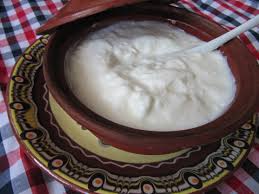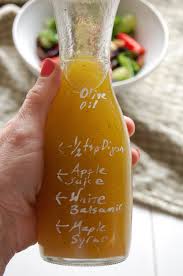The Many Merits of the Mediterranean Diet

May is International Mediterranean Diet Month. In recognition of this little known event, I’d like you to answer these questions about your usual food choices:
- Do you use olive oil as your main culinary oil?
- Do you consume two to four cups of non-starchy vegetables per day, such as bell peppers, cabbage, celery, eggplant, tomatoes, zucchini, spinach, or onions?
- Do you eat at least two servings of fruit per day, such as apples, dates, grapes, or berries?
- Do you have a serving of beans or legumes two to four times per week, such as lentils or chickpeas?
- Do you include one to two ounces of nuts per day, such as walnuts, almonds, or pistachios?
- Do you enjoy two or more fish meals per week that feature salmon, tuna, or sardines?
- Do you eat breakfast every morning?
- Do you have one to two daily servings of yogurt or cheese, such as feta or mozzarella?
- Do you have a serving of whole grains at most meals, such as oatmeal, whole grain bread, or quinoa?











